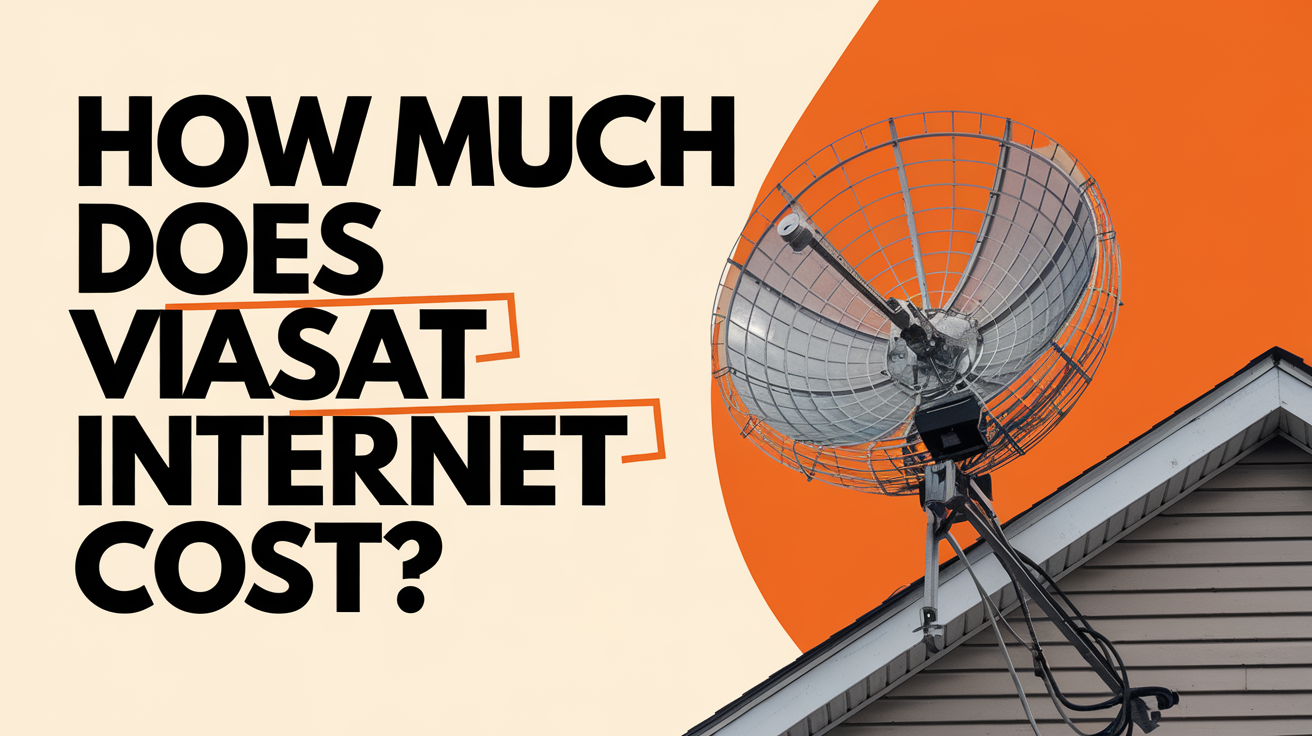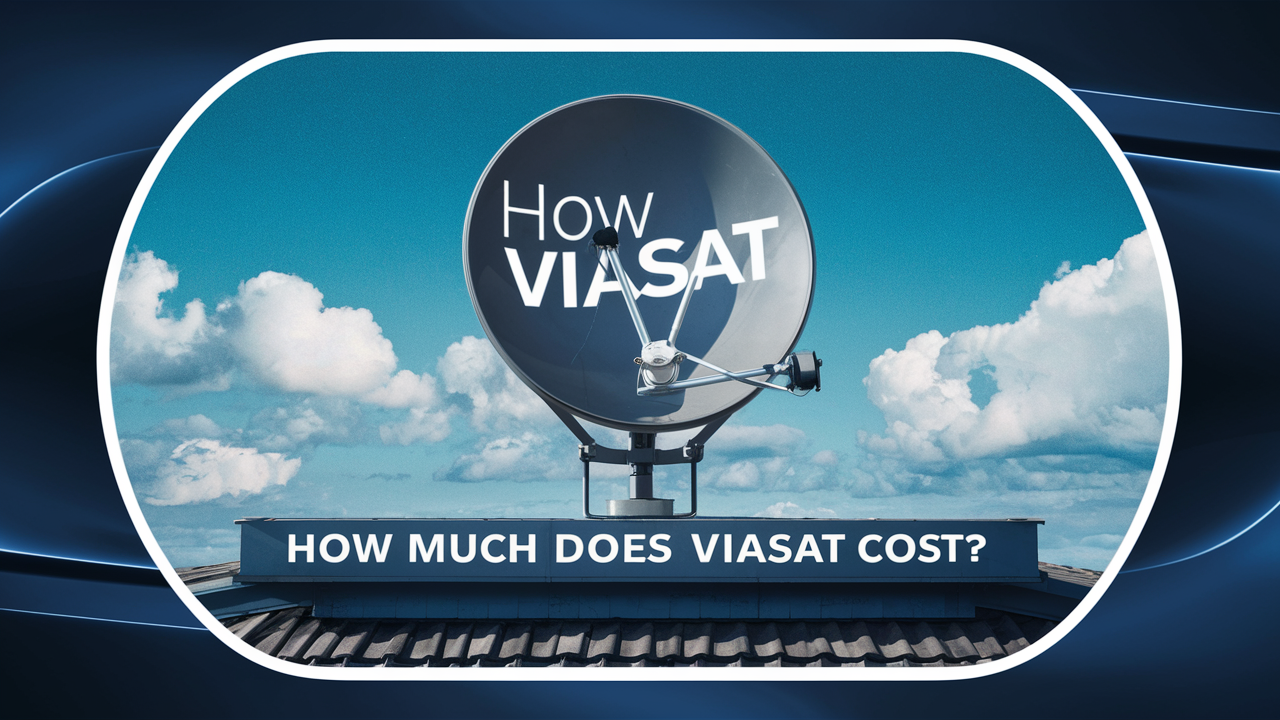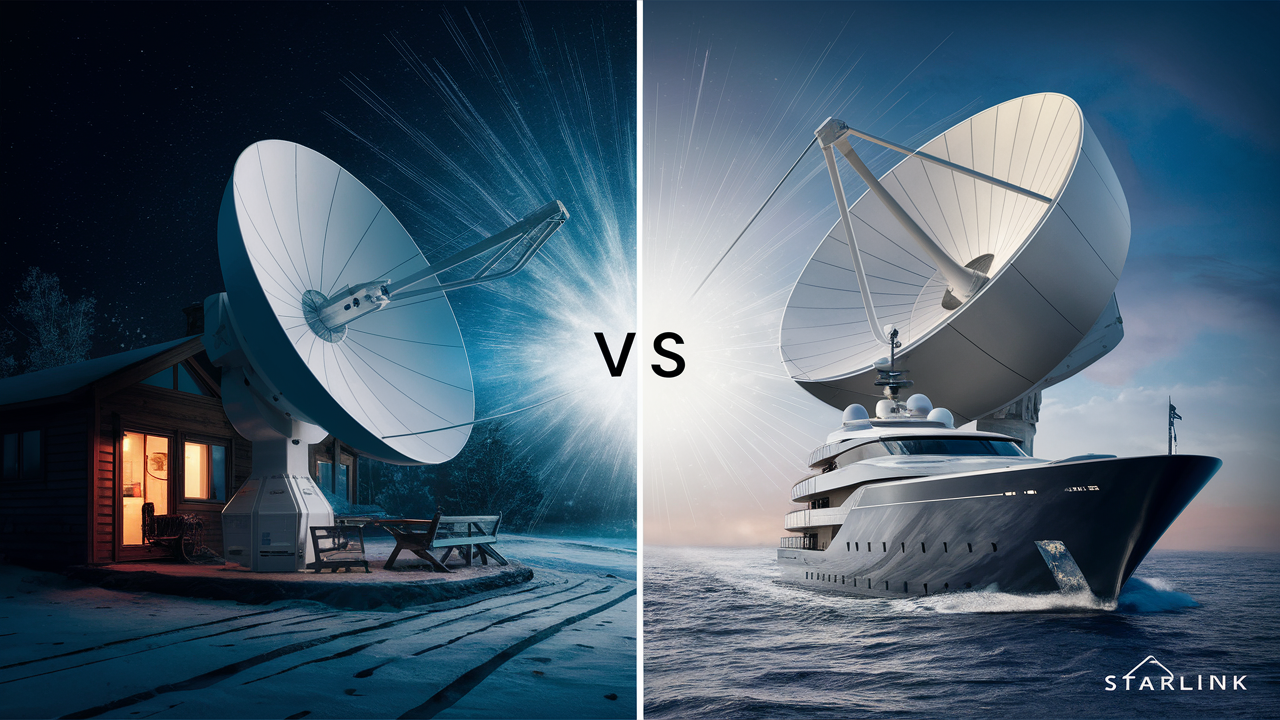As satellite internet becomes more popular, especially in rural and remote areas, questions often arise about the companies behind these services. One common question is: Is Viasat owned by AT&T? This guide will provide a clear answer, explain the relationship between these companies, and offer insights into their roles in the telecommunications industry.
The Short Answer
No, Viasat is not owned by AT&T. Viasat and AT&T are two separate, publicly traded companies with distinct ownership structures. AT&T does not own any part of Viasat, and Viasat is not a subsidiary of AT&T.
Key Fact: Viasat is an independent, publicly traded company listed on the NASDAQ stock exchange. AT&T is a separate telecommunications giant with its own set of services and subsidiaries[1].
Who Owns Viasat?
Viasat, Inc. is headquartered in Carlsbad, California, and is listed on the NASDAQ under the ticker symbol "VSAT." As a public company, Viasat is owned by its shareholders, which include institutional investors, mutual funds, and individual investors. No single entity, including AT&T, owns a controlling stake in Viasat.
Viasat’s leadership and direction are determined by its board of directors and executive team, not by AT&T or any other telecommunications company. The company is known for its satellite communications, broadband internet, and advanced networking solutions, serving residential, business, government, and aviation customers.
Who Owns AT&T?
AT&T is one of the largest telecommunications companies in the world, providing wireless, broadband, and television services. Like Viasat, AT&T is a publicly traded company, listed on the New York Stock Exchange under the ticker symbol "T." AT&T is owned by its shareholders, and its board of directors oversees its operations and strategy.
Do Viasat and AT&T Have Any Business Relationship?
While Viasat is not owned by AT&T, the two companies do operate in the same industry and may have indirect business relationships or partnerships in certain areas. However, there is no formal ownership or controlling relationship between them.
AT&T, like many other telecommunications companies, is exploring partnerships and investments in satellite technology to expand connectivity. For example, AT&T has invested in AST SpaceMobile, a company developing direct-to-cell satellite connectivity, but this does not involve Viasat.
Common Misconceptions About Viasat and AT&T
There are several misconceptions about the relationship between Viasat and AT&T:
- Ownership: Some people assume that because both companies provide internet and communications services, one owns the other. This is not true—they are separate entities[1].
- Partnerships: While AT&T and Viasat may both be involved in satellite and broadband technology, they do not have a formal partnership or joint venture.
- Services: AT&T offers its satellite TV service (DIRECTV), but this is unrelated to Viasat’s satellite internet services.
Viasat’s Business and Technology
Viasat is a leader in satellite communications, providing high-speed internet, secure networking, and advanced satellite solutions to customers around the world. The company’s technology is used by residential customers in rural areas, businesses, government agencies, and airlines for in-flight connectivity.
Viasat’s recent innovations include:
- ViaSat-3 Satellites: A new generation of high-capacity satellites designed to deliver faster speeds and greater coverage.
- NexusWave: A multi-orbit maritime broadband service that integrates Ka-band, LEO, coastal LTE, and L-band networks for seamless connectivity at sea.
- In-Flight Wi-Fi: Viasat provides Wi-Fi on commercial aircraft, enabling passengers to stay connected during flights.
AT&T’s Role in Satellite Technology
AT&T is primarily known for its wireless, broadband, and television services, but it is also exploring satellite technology to expand connectivity. AT&T has invested in AST SpaceMobile, a company developing direct-to-cell satellite connectivity that allows standard smartphones to connect to satellites without special equipment.
AT&T’s investment in AST SpaceMobile is part of its strategy to provide ubiquitous connectivity, especially in rural and remote areas where traditional wireless coverage is limited. However, this investment does not involve Viasat.
Comparing Viasat and AT&T
| Feature | Viasat | AT&T |
|---|---|---|
| Ownership | Publicly traded (NASDAQ: VSAT) | Publicly traded (NYSE: T) |
| Industry | Satellite communications, broadband internet | Wireless, broadband, television, satellite TV (DIRECTV) |
| Owned by AT&T? | No | N/A |
| Satellite Investments | ViaSat-3, NexusWave, in-flight Wi-Fi | AST SpaceMobile (direct-to-cell satellite) |
Why Do People Think Viasat Is Owned by AT&T?
There are a few reasons why people might confuse Viasat with AT&T:
- Similar Industries: Both companies provide internet and communications services, sometimes in overlapping markets.
- Satellite Technology: Both are involved in satellite technology, though in different ways.
- Brand Recognition: AT&T is a well-known brand, and some people assume it owns other major communications companies.
Viasat’s Recent Developments
Viasat continues to innovate and expand its services. In its 2025 fiscal year, Viasat reported strong growth in its defense and advanced technologies segment, launched new maritime and aviation connectivity solutions, and made progress on its satellite roadmap.
Key highlights from Viasat’s recent performance include:
- Record Contract Awards: Viasat secured new contracts worth $1.2 billion in Q4 FY2025, with strong growth in defense and advanced technologies.
- ViaSat-3 Integration: The first ViaSat-3 satellite was integrated into Viasat’s global network, improving user experience and network efficiency.
- In-Flight Wi-Fi Expansion: Viasat now provides Wi-Fi on over 6,000 commercial and business aviation aircraft, with “Full, Fast, Free” Wi-Fi available on approximately 1,300 aircraft.
AT&T’s Recent Developments
AT&T remains a leader in the telecommunications industry, with ongoing investments in wireless, broadband, and satellite technology. In 2025, AT&T announced the results of its annual stockholder meeting and continued its partnership with AST SpaceMobile to develop direct-to-cell satellite connectivity.





